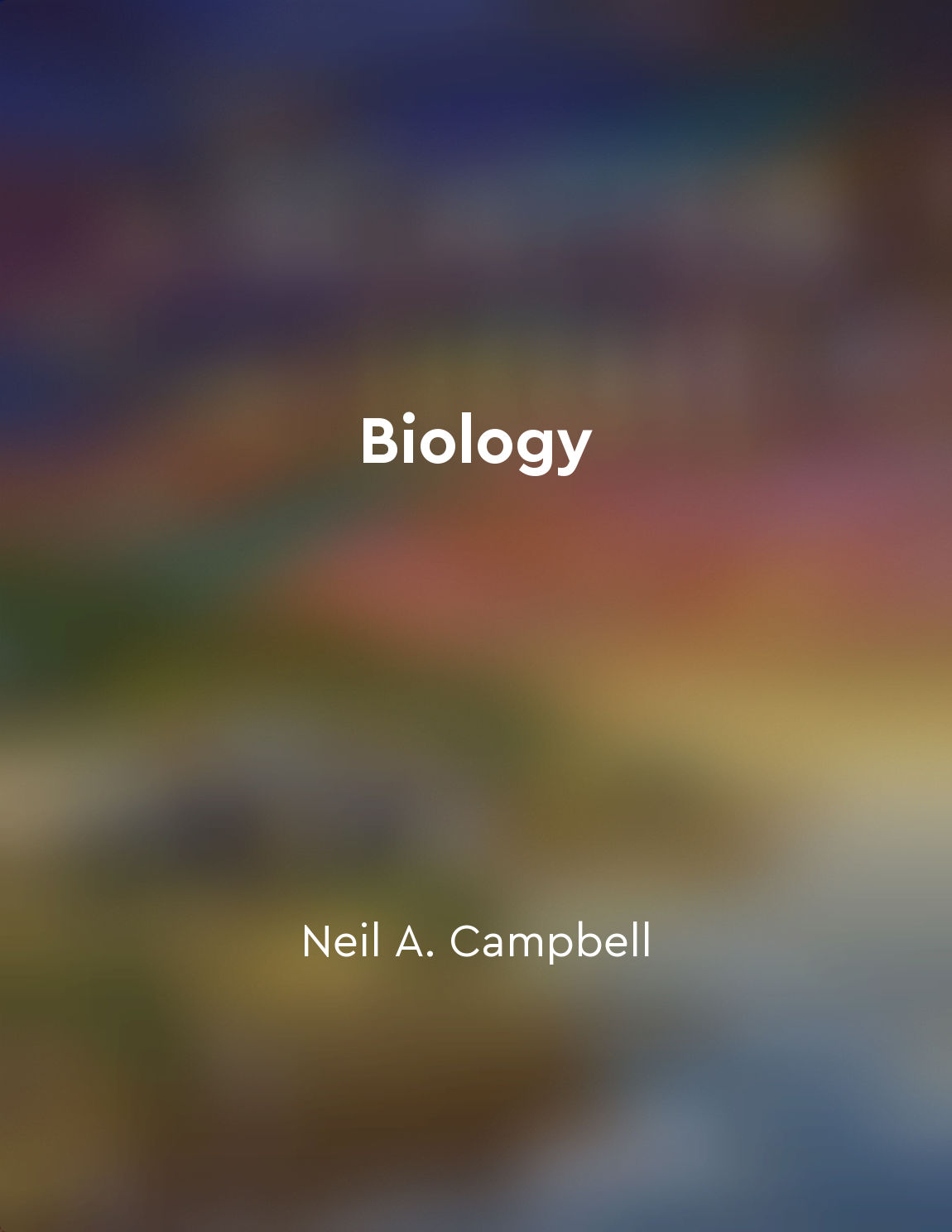The human body is made up of multiple systems from "summary" of Human Biology by Cecie Starr,Beverly McMillan
The human body is a complex organism that is composed of various systems working together to maintain homeostasis. Each system in the body has a specific function and plays a crucial role in keeping the body functioning properly. These systems include the nervous system, digestive system, circulatory system, respiratory system, skeletal system, muscular system, endocrine system, immune system, and reproductive system. The nervous system is responsible for sending and receiving signals throughout the body, allowing for communication between different parts of the body. The digestive system is in charge of breaking down food and absorbing nutrients, while the circulatory system is responsible for transporting oxygen and nutrients to cells and removing waste products. The respiratory system is responsible for the exchange of oxygen and carbon dioxide in the body, while the skeletal system provides support and protection for the body and allows for movement. The muscular system works with the skeletal system to facilitate movement, while the endocrine system regulates hormones in the body. The immune system plays a crucial role in protecting the body from foreign invaders such as bacteria and viruses, while the reproductive system is responsible for the production of offspring. Each system in the body is interconnected and relies on the others to function properly.- It can have a domino effect on the other systems in the body. For example, if the circulatory system is not functioning properly, it can lead to issues with the respiratory system, as oxygen may not be transported efficiently to cells. This interconnectedness highlights the importance of each system working in harmony to maintain overall health and wellbeing.
Similar Posts
Health disparities must be addressed
Health disparities refer to differences in health outcomes or access to healthcare services between different populations. Thes...
Take risks to grow
Taking risks is essential for personal growth. When we step outside our comfort zones and try new things, we challenge ourselve...

Population ecology
Population ecology is the study of populations in relation to their environment, including environmental influences on populati...
Adaptations help organisms survive in their environment
Adaptations play a crucial role in the survival of organisms in their respective environments. These adaptations are specific t...
The brain is constantly processing information at a subconscious level
The brain is a master at multitasking, with countless processes happening simultaneously. Even when we are not consciously awar...
Actions have consequences that ripple through society
The deeds of every individual have repercussions that extend far beyond the boundaries of his own existence. Each action, no ma...

Environmental factors influence genetic expression
Genes provide the instructions for making proteins, which carry out the functions of cells. However, the expression of genes ca...

